Life With Braces.
What CAN you eat?
Be assured that there are plenty of wonderful foods to enjoy throughout your orthodontic treatment. There are some types of food that can cause damage to the brackets and wires. When components get damaged, the results are: patient discomfort, unwanted tooth movement, additional trips to our office, and increased treatment times.
What CAN’T you eat?
For the first day or so, stick to soft foods. Avoid tough meats, hard breads, and raw vegetables. You'll need to protect your orthodontic appliances when you eat for as long as you're wearing braces. So stay away from hard, tough, sticky and chewy foods.
Keep an eye on your teeth.
You should check each bracket once per week to make sure they remain tightly bonded to the teeth, and please call for an appointment as soon as a problem is discovered. Remember, the glue holding the brackets to the teeth is very brittle. When pressure is applied that exceeds the strength of the glue, the brackets will "pop" off the enamel surface.
Tips to help you enjoy your favorite foods while in treatment:
- Cut fruits and vegetables into small bite sized pieces and chew with the back teeth
- Trim meat away from bones before eating
- Trim pizza crusts off first before eating
- Cut the corn kernels off the cob, do not bite into the whole cob
- Cookies can be warmed in the microwave or dunked in milk to soften them before eating
Foods to avoid.
Chewy foods.
Bagels, hard rolls, licorice.
Hard foods.
Nuts, candy, crusty bread.
Crunchy foods.
Popcorn, ice, chips.
Sticky foods.
Caramels, gum, lollies.
Foods you have to bite into.
Corn on the cob, apples, carrots.
Chewing on hard things.
Pens, pencils or fingernails.
General Soreness.
When you get your braces on, you may feel general soreness in your mouth and teeth may be tender to biting pressures for three to five days. This can be relieved by rinsing your mouth with a warm salt water mouthwash. Dissolve one teaspoonful of salt in 1 glass of warm water, and rinse your mouth vigorously.
If the tenderness is severe, take paracetamol or whatever you normally take for headache or similar pain. The lips, cheeks and tongue may also become irritated for one to two weeks as they toughen and become accustomed to the surface of the braces. You can put wax on the braces to lessen this. We'll show you how!
Loosening of Teeth.
This is to be expected throughout treatment. Don't worry! It's normal. Teeth must loosen first so they can be moved. The teeth will again become rigidly fixed in their new - corrected - positions.
Emergency Care.
True orthodontic emergencies are very rare, but when they do occur we are available to you. As a general rule, you should call the office when you experience severe pain or when you have a painful appliance problem that you can't take care of yourself. We'll be able to schedule an appointment to resolve the problem.
You might be surprised to learn that you may be able to temporarily solve many problems yourself until you schedule an appointment with our office. When working with your appliances, you need to know the names of the parts of your appliances so you are able to identify what part is broken or out of place. After alleviating your discomfort, it is very important that you still call our office as soon as possible to schedule a time to repair the problem. Allowing your appliance to remain damaged for an extended period of time may result in disruptions in your treatment plan.
Loose Wire or Band.
Don't be alarmed if a wire or band comes loose. This happens occasionally. If a wire protrudes and is irritating, use a blunt instrument (back of spoon or the eraser end of a pencil) and carefully, gently push the irritating wire under the archwire. Simply get it out of the way. If irritation to the lips or mouth continues, place wax or wet cotton on the wire to reduce the annoyance. Call our office as soon as possible for an appointment to check and repair the appliances. If any piece comes off, save it and bring it with you to the office.
Care of Appliances.
To successfully complete the treatment plan, the patient must work together with the orthodontist. The teeth and jaws can only move toward their corrected positions if the patient consistently wears the rubber bands, headgear or other appliances as prescribed. Damaged appliances lengthen the treatment time.
Brushing Your Teeth with Braces.
When you have braces it's very important to brush and floss after every meal in order to keep your teeth and gums healthy throughout your treatment. If you need help choosing the right toothbrush, toothpaste, and dental floss, please ask us and we can help you choose the right products for your teeth and your appliance.



